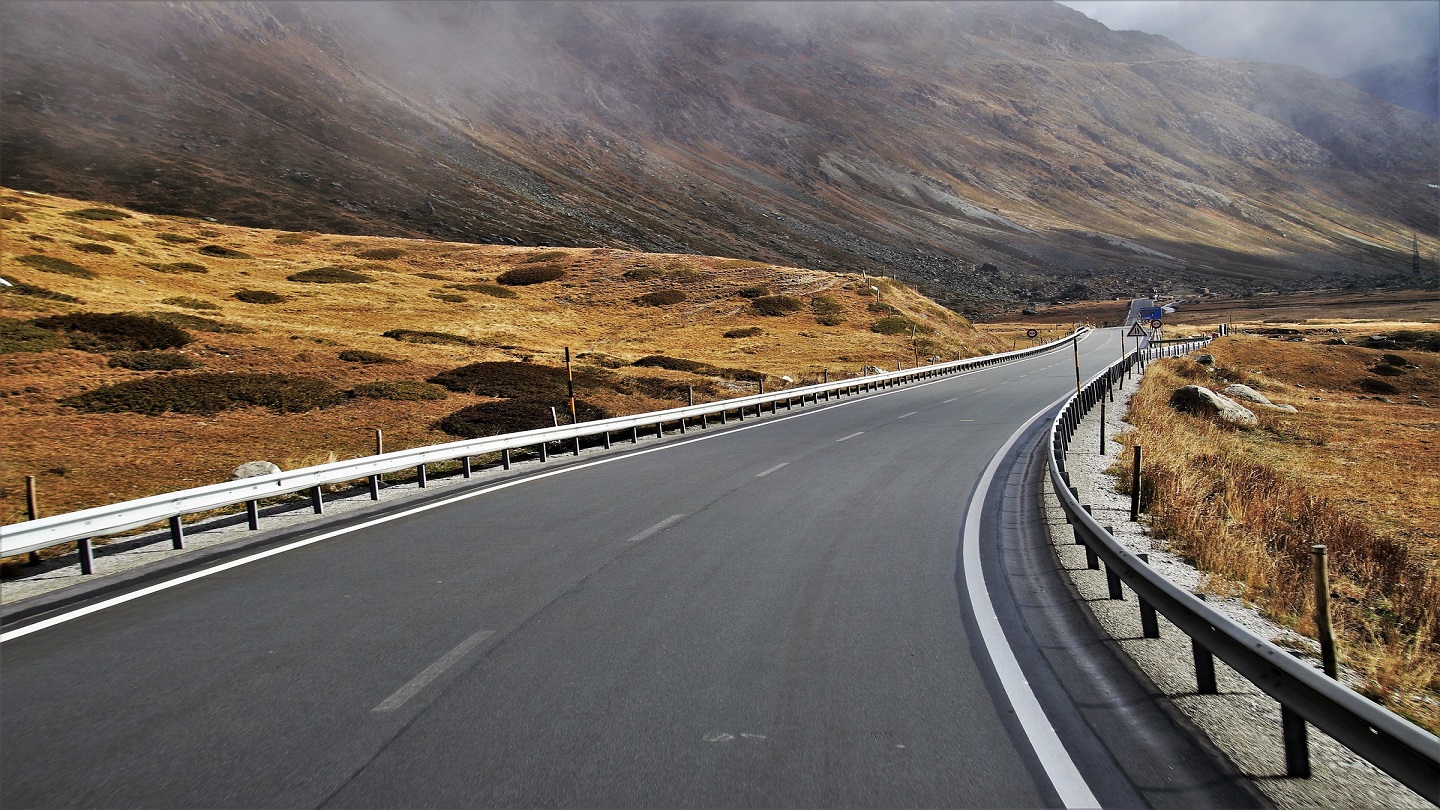
The National Highways Authority of India (NHAI) intends to undertake field trials on the use of phosphor-gypsum, a by-product of fertiliser production, in the construction of highways, reported PTI.
It will undertake the trial along with the Ministry of Chemicals and Fertilizers and the Department of Fertilizers.
This bid is aimed at achieving a circular economy in the use of gypsum.
India boasts of having the world’s second-largest road network, reported Financial Express.
An Indian fertiliser company has built a road leveraging neutralised phosphor-gypsum.
This road was reviewed by the Central Road Research Institute (CRRI). Following its report, the Indian Road Congress (IRC) has accredited phosphor-gypsum waste material for constructing roads for three years.
How well do you really know your competitors?
Access the most comprehensive Company Profiles on the market, powered by GlobalData. Save hours of research. Gain competitive edge.

Thank you!
Your download email will arrive shortly
Not ready to buy yet? Download a free sample
We are confident about the unique quality of our Company Profiles. However, we want you to make the most beneficial decision for your business, so we offer a free sample that you can download by submitting the below form
By GlobalDataThe undisclosed fertiliser company and the CRRI have been tasked to conduct field trials on an NHAI road project to analyse the performance of phosphor-gypsum and build confidence among various stakeholders involved in highway construction.
The NHAI is also promoting the use of waste plastic in road construction and other new materials to cut down the carbon footprint, boost durability and make construction cost-effective.
The use of waste plastic for the construction of road has been trialled successfully, and various studies have indicated that the use of plastic waste makes roads durable and sustainable.
The construction of 1km of a four-lane highway disposes of around seven tonnes of plastic waste.
NHAI has leveraged fly ash, a residue of coal combustion in thermal power plants (TPPs), for the construction of highways. It built a 135km-long, six-lane Eastern Peripheral Expressway using fly ash.



